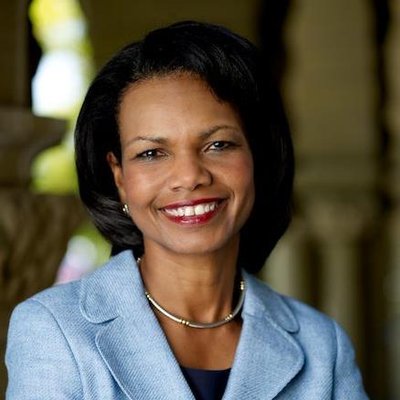This is an important message. This may be the most important message that education has for the economy right now:
Creating more opportunities for the people left behind creates more opportunities for everyone.
The more people can participate fully in the economy, and do well in it, the bigger the economy gets and the more opportunities it has for everyone.
It’s not a zero-sum game. It’s exponential growth.
We’ve talked about this before: the way we get California’s economy to bounce back is to increase participation in it for everyone, especially the marginalized.
Calbright’s president, Ajita Menon, has emphasised the way in which previous economic powerhouses were driven by more people getting the education they needed to better participate in the economy. Universal literacy drove an economic expansion. The G.I. Bill drove an economic expansion.
Now a piece in the New York Times, by reporter Jim Tankersley, makes the same point: “The real story of America today is this,” Tankersley writes. “If you want to restore the greatness of an economy that doesn’t work for you or your children the way that it used to, those [previously excluded] women and men are your best shot at salvation. Their progress will lift you up.”
This is the evidence the academic research shows for America’s boom years. And it’s shockingly conclusive.
“The economy thrived after World War II in large part because America made it easier for people who had been previously shut out of economic opportunity — women, minority groups, immigrants — to enter the work force and climb the economic ladder, to make better use of their talents and potential,” he writes.
“Chicago and Stanford economists calculated that the simple, radical act of reducing discrimination against those groups was responsible for more than 40 percent of the country’s per-worker economic growth after 1960. It’s the reason the country could sustain rapid growth with low unemployment, yielding rising wages for everyone, including white men without college degrees.”
Other points in history offer similar lessons. It’s been especially well studied with women’s participation in the labor force. A Harvard Business Review article puts it succinctly: “When more women join the workforce, wages rise – including for men.” According to the research, every 10% increase in working women sees a corresponding 5% increase in overall wages.
It’s not surprising that a similar effect applies with all people who are shut out of the most productive parts of the economy, and Tankersley’s research makes this fact clear: when you open up participation, and give people the skills they need to be full partners in the economy, it gets better for everyone.
“The hopeful truth is that when Americans band together to force open the gates of opportunity for women, for Black men, for the groups that have long been oppressed in our economy, everyone gets ahead,” Tankersley writes. “The statistics show tragedy. They also show opportunity. If America can once again tear down barriers to advancement, it can tap a geyser of entrepreneurship, productivity and talent, which could by itself produce the strong growth and low unemployment that historically drive up wages for the working class, including working-class white men.
Opportunity for everybody is support for all. But we can’t just take that for granted: efforts need to be made. Concrete, specific, efforts, to make sure traditionally excluded populations are able to join the work.
Calbright is one such effort: our whole mandate is to train people stranded by the modern economy to participate in it and become upwardly mobile. We do this for free: none of our students take on debt. But of course one institution can only be part of the solution.
But we can, we must, make this case wherever we go: inclusion is not just morally right, it is good for the economy. Good for everyone’s economy.



